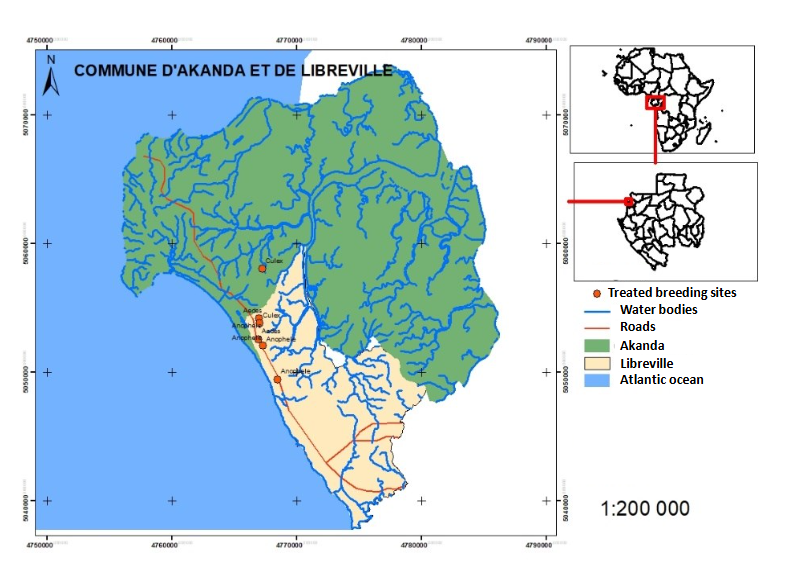Reconciling patent rights and the human right to access to essential medicines: A critical review
Abstract
Over 80% of the world’s population lives in developing nations, with limited access to medicines like AIDS and malaria. Competition between patented and generic medications can improve access and lower prices, but counterfeit medicines should be avoided. The Doha Declaration, released at the World Trade Organisation Ministerial Conference in 2001, aims to support nations’ rights to safeguard public health and encourage access to medicines. It aims to influence the interpretation and application of the Agreement on Trade-Related Aspects of Intellectual Property Rights (TRIPS Agreement) in a manner that is health-friendly, considering the responsibility of nations to uphold health rights under international law. The Declaration calls for developed nations to encourage practical solutions for poor people in developing countries, emphasizing that trade agreements should be secondary to defending human rights and achieving the best quality of health for all. International human rights treaties protect the universal human right to health, but rigid trade agreements on patents can hinder affordable medication for low-income populations in developing nations. TRIPS, a treaty that protects intellectual property rights and promotes technological innovation, aims to provide inexpensive medications for HIV/AIDS patients through exclusions from patent admissibility, exceptions, parallel importing, and compulsory licensing.
References
[1]Birnbaum JK, Murray CJ, Lozano R. Exposing misclassified HIV/AIDS deaths in South Africa. Bulletin of the World Health Organization. 2011; 89(4): 278–285. doi: 10.2471/blt.11.086280
[2]Schafheutle EI, Hassell K, Noyce PR. Access to medicines: cost as an influence on the views and behaviour of patients. Health & Social Care in the Community. 2002; 10(3): 187–195. doi: 10.1046/j.1365-2524.2002.00356.x
[3]King DR, Kanavos P. Encouraging the use of generic medicines: implications for transition economies. Croatian medical journal. 2002; 43(4): 462–469.
[4]Hoen E. TRIPS, pharmaceutical patents, and access to essential medicines: a long way from Seattle to Doha. Chi. J. Int’l L. 2002;3: 27.
[5]Zainol ZA, Amin L, Jusoff K, et al. Pharmaceutical patents and access to essential medicines in sub-Saharan Africa. African Journal of Biotechnology. 2011; 10(58): 12376–12388.
[6]Ruben BD. Pharmaceutical patents and the right to health—Portugal and Brazil. JANUS NET e-journal of International Relation. 2022; 13(1): 171–189. doi:10.26619/1647-7251.13.1.11
[7]Hunt P, Khosla R. Acesso a medicamentos como um direito humano. Sur Revista Internacional de Direitos Humanos. 2008; 5(8):100–121. doi: 10.1590 s1806-64452008000100006
[8]Hemphill CS, Sampat BN. When Do Generics Challenge Drug Patents? Journal of Empirical Legal Studies. 2011; 8(4): 613–649. doi: 10.1111/j.1740-1461.2011.01235.x
[9]Matthews D. Globalising Intellectual Property Rights: the TRIPS Agreement. Routledge; 2003.
[10]Kearns JE, Charnovitz S. Adjudicating Compliance in the WTO: A Review of DSU Article 21.5. Journal of International Economic Law. 2002; 5(2): 331–352. doi: 10.1093/jiel/5.2.331
[11]Matthews DN. TRIPS flexibilities and access to medicines in developing countries: The problem with technical assistance and free trade agreements. European Intellectual Property Review; 2005.
[12]Maskus KE. Parallel imports in pharmaceuticals: implications for competition and prices in developing countries. Final Report to World Intellectual Property Organization; 2001.
[13]Wartini S. The Legal Implication Of Compulsory Licence Pharmaceutical Products In The Trips Agreement To The Protection Of The Right To Health In Developing Countries. Jurnal Dinamika Hukum. 2018; 18(1): 1–11. doi: 10.20884/1.jdh.2018.18.1.1685
[14]Vargas-Peláez CM, Rover MRM, Leite SN, et al. Right to health, essential medicines, and lawsuits for access to medicines – A scoping study. Social Science & Medicine. 2014; 121: 48–55. doi: 10.1016/j.socscimed.2014.08.042
[15]Kitch EW. The Patent Policy of Developing Countries. UCLA Pacific Basin Law Journal. 1994; 13(1). doi: 10.5070/p8131022068
[16]World Health Organization. Implications of the Doha Declaration on the TRIPS Agreement and public health (No. WHO/EDM/PAR/2002.3). World Health Organization; 2002.
[17]Beall R, Kuhn R. Trends in Compulsory Licensing of Pharmaceuticals Since the Doha Declaration: A Database Analysis. Ford N, ed. PLoS Medicine. 2012; 9(1): e1001154. doi: 10.1371/journal.pmed.1001154
Copyright (c) 2024 Bhavna Mahadew

This work is licensed under a Creative Commons Attribution 4.0 International License.








.jpg)
.jpg)

